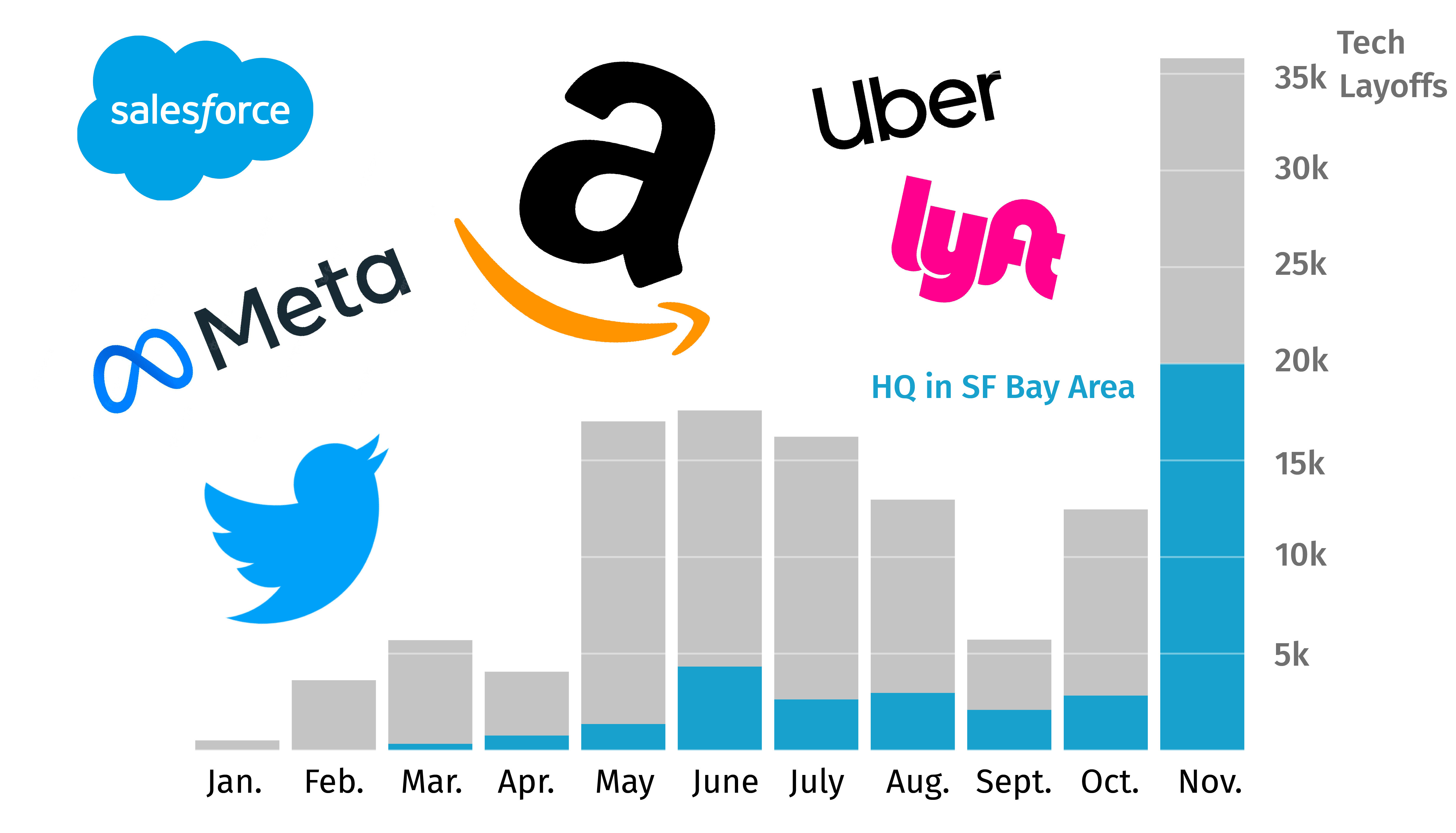The Rise of Content Creation: A New Frontier for Job Seekers
In an era marked by economic uncertainty and a changing job landscape, a curious phenomenon is emerging: content creation is becoming increasingly attractive as a career path. Gone are the days of solely relying on traditional employment for financial security, as individuals are turning to the digital realm to carve out a new kind of success. The allure of flexibility, the potential for high earnings, and the ability to work from anywhere in the world are drawing people to the world of online content creation.
While the U.S. job market is technically strong, with employers adding jobs consistently for over two years, this stability doesn't resonate with everyone. Many sectors, including tech and finance, haven't experienced the same job growth, leading individuals to seek alternative avenues. Enter content creation, an industry estimated to be worth $250 billion, offering a chance to tap into a growing market and potentially earn substantial income.
The Appeal of Content Creation: Why It's More Than Just a Hobby
The pandemic played a significant role in shifting how people perceive work. With increased emphasis on work-life balance and the ability to work remotely, the idea of controlling one's schedule became more appealing. This shift, coupled with economic uncertainty, made content creation a more attractive option. The allure of being your own boss, setting your hours, and building a brand around your passion is a compelling draw for many.
Success Stories and the Reality of Content Creation
Content creation isn't just a trendy hobby; it's a legitimate career path for many. Grace Xu, a former tech worker, found herself laid off and decided to pursue content creation full-time. Her creative content, focusing on thrift flips, went viral and attracted a dedicated audience. She exemplifies the potential for success in content creation, but it's crucial to remember that success doesn't happen overnight.
The Challenges: Navigating the Uncertainties
While the potential for high earnings exists, content creation comes with significant challenges. The industry is highly competitive, and income can be unpredictable, often dependent on factors such as platform algorithms, audience engagement, and the ever-changing landscape of social media. Furthermore, the pressure to consistently create engaging content, navigate brand deals, and manage finances can be overwhelming.
The Importance of Realistic Expectations
It's vital for aspiring content creators to have realistic expectations. Many creators start with a small following and build their audience organically. Success takes time, effort, and a strong understanding of the industry. Many rely on savings from previous careers to support themselves financially while they build their content creation business. It's crucial to be prepared for financial fluctuations and the possibility of not achieving immediate success.
Content Creation: A New Era of Work
The rise of content creation represents a significant shift in how people view work. It provides an alternative to traditional employment, offering the possibility of building a fulfilling career based on one's passions. While the journey may be challenging, for many, the rewards of flexibility, creativity, and the potential for financial success make it a compelling path forward in the ever-evolving world of work.
The Future of Content Creation: Embracing the Potential and Managing the Risks
Content creation is a dynamic industry, constantly evolving with new platforms, trends, and monetization strategies. As more individuals pursue this path, it's essential for both creators and those seeking a career in content creation to be adaptable, creative, and prepared for the challenges that come with building a successful career in this field. The future of work is increasingly being shaped by individuals who are taking control of their careers and finding success outside of traditional employment. The rise of content creation is a testament to the evolving nature of the job market and the potential for innovative career paths in the digital age.

















